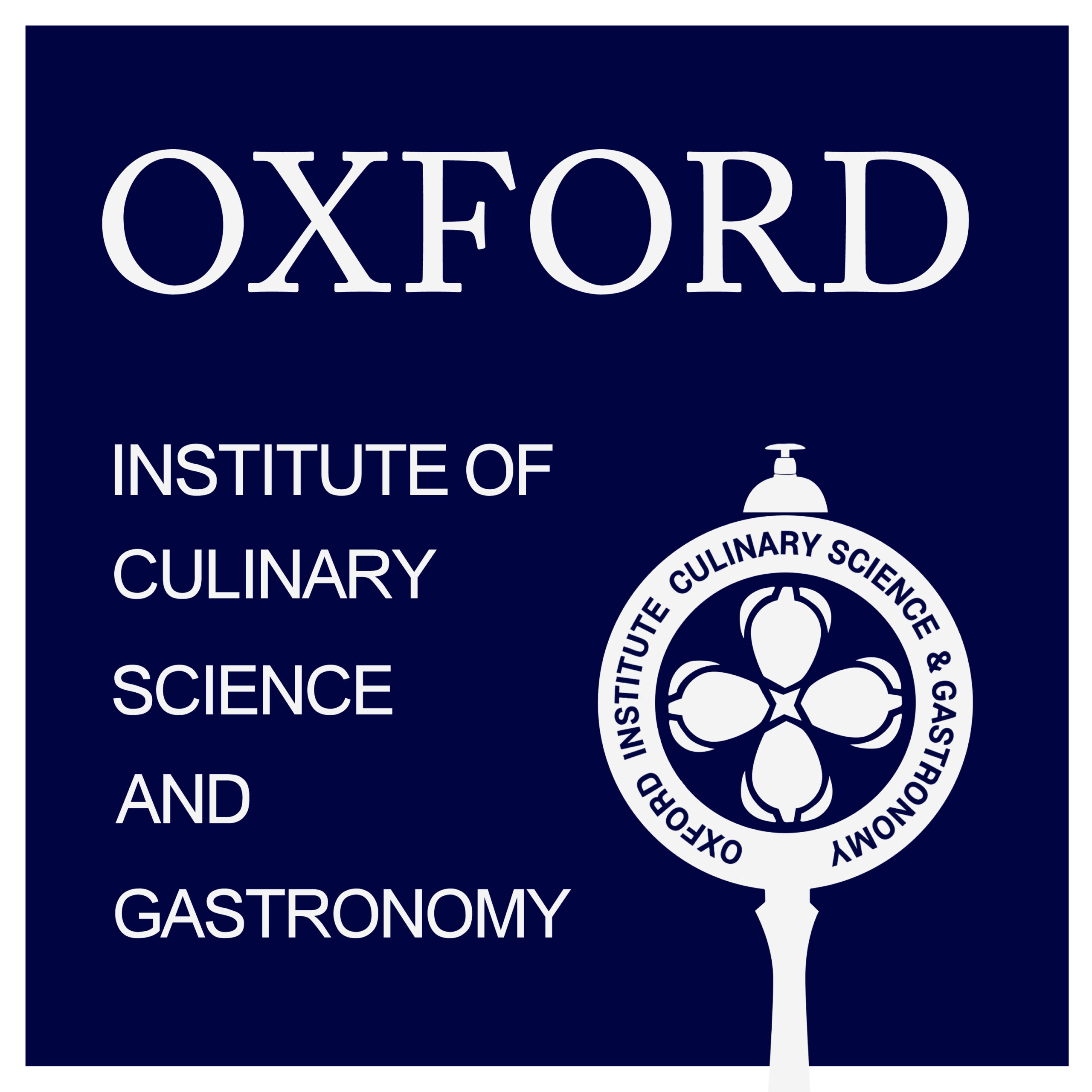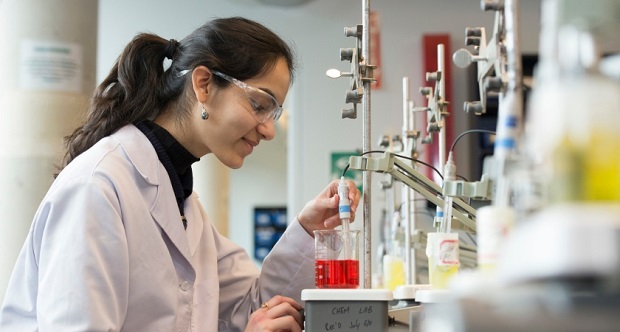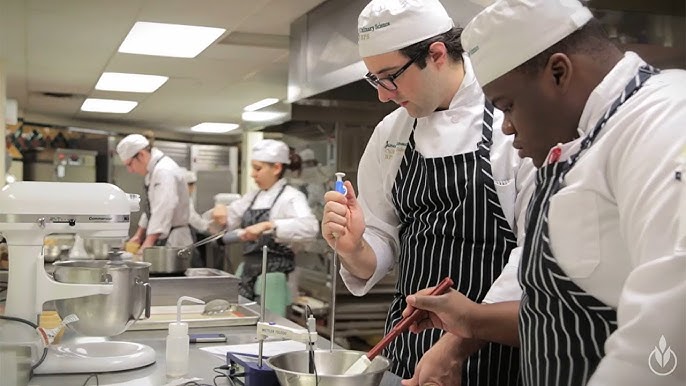Diploma in Food Science Fundamentals
Oxford Institute of Culinary Science & Gastronomy – Year One Curriculum
Overview:
The Diploma in Food Science Fundamentals provides students with a comprehensive introduction to the scientific principles underpinning food production, processing, and safety. This program covers the chemistry, microbiology, and physics of food, along with basic laboratory skills and quality assurance concepts. It is ideal for aspiring food scientists, technologists, and quality control professionals seeking foundational knowledge in food science.
This diploma serves as the first step on a five-year academic journey leading to advanced qualifications in food science and technology.
| Section | Description |
|---|---|
| Program Title | Diploma in Food Science Fundamentals |
| Duration | 2 Terms (12 months total: 6 months theory + 6 months practicum) |
| Format | Hybrid (Online & On-Campus + Laboratory Sessions + Field Visits + Internship) |
| Level | Year 1 / Foundational |
| Certification | Diploma in Food Science Fundamentals from Oxford Institute |
| Outcome | Eligible for Year 2: Associate Degree in Food Technology Applications |
Term 1 — Weekly Curriculum (12 Weeks)
| Week | Module Title | Topics Covered |
|---|---|---|
| 1 | Introduction to Food Science | Overview of food science, history, scope, and career paths |
| 2 | Food Chemistry Basics | Macromolecules: carbohydrates, proteins, lipids; water properties |
| 3 | Food Microbiology | Microorganisms in food: beneficial and harmful, spoilage, fermentation |
| 4 | Food Physics | Physical properties: texture, viscosity, thermal properties |
| 5 | Food Safety Fundamentals | Basic principles of food safety, contamination sources, hazards |
| 6 | Laboratory Techniques | Basic lab skills, microscopy, sample preparation, data recording |
| 7 | Food Processing Overview | Common food processing methods: thermal, mechanical, preservation |
| 8 | Quality Assurance Basics | Introduction to quality control, standards, and regulations |
| 9 | Sensory Evaluation Basics | Sensory testing methods, panel training, basic sensory analysis |
| 10 | Food Packaging Fundamentals | Packaging materials, functions, and sustainability considerations |
| 11 | Research Preparation | Research questions, data collection methods, report writing basics |
| 12 | Term 1 Review & Exam | Comprehensive theory review and written exam |
Term 1 Learning Outcomes
Understand fundamental scientific concepts related to food
Identify key components and functions of food macromolecules
Recognize common microorganisms affecting food quality and safety
Develop basic laboratory and sensory evaluation skills
Term 2 — Practicum & Internship (12–14 Weeks)
Practicum Placement
| Section | Description |
|---|---|
| Duration | Minimum 100 hours |
| Settings | Food production facilities, quality control labs, food safety inspection units |
| Activities | Hands-on laboratory work, quality testing, process monitoring |
| Requirements | Weekly log, mentor feedback, reflection journal, attendance record |
Research & Report Project
| Section | Description |
|---|---|
| Topic | Selected from core food science areas such as microbiology, food safety, or processing |
| Methodology | Experimental or observational studies, data collection, analysis |
| Report | 1500–2000 words with visuals, data tables, and references |
| Presentation | 10-minute oral or video presentation |
| Portfolio | Full project report + internship log + lab work documentation |
Term 2 Learning Outcomes
Apply theoretical knowledge in practical food science environments
Conduct basic research and data analysis related to food science topics
Communicate scientific findings clearly through reports and presentations
Demonstrate professionalism and reflective learning in internship settings
Final Certification (Year 1)
Diploma in Food Science Fundamentals
Official Transcript with Module Grades
Internship Completion Letter (Mentor Signed)
WRID™ Certification Code (optional)



